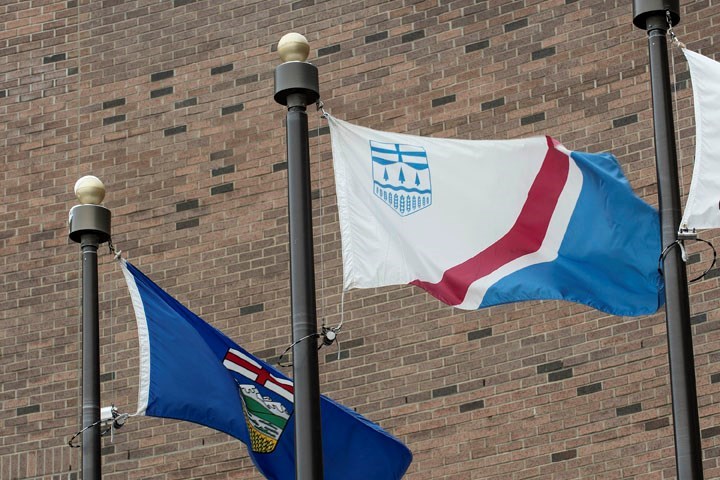A new report commissioned by the Edmonton Metropolitan Region Board (EMRB), a provincially created planning board led by mayors throughout the region, says the board's work has saved the provincial government at least $6.5 million since 2017.
The report, written by consultancy firm MNP, was commissioned by the EMRB earlier this year “to better quantify and communicate the value and return on investment the EMRB provides.”
According to the report, limited data availability and overall resource limitations meant MNP was unable to provide a “full comprehensive valuation of every EMRB activity,” so the firm's findings are to be considered “illustrative in nature” rather than comprehensive.
The $6.5 million in savings for the provincial government is one of the report's key findings, as it notes the EMRB's long-term growth plan is saving the provincial government and municipalities throughout the region a lot of time and resources.
The report says the growth plan eliminates the need for other planning documents, such as Intermunicipal Development Plans (IDPs) and Intermunicipal Collaboration Frameworks (ICFs), which are usually funded through the provincial government's Alberta Community Partnership grant.
“With the EMRB growth plan and servicing plan as proxies for the otherwise-required IDPs and ICFs, the findings indicate that there is an efficiency to using the growth plan as a regional planning tool versus multiple IDPs and ICFs,” the report reads. “With the growth plan in place, there is only one document that must be updated every five years versus multiple IDPs and ICFs.”
Since Alberta's Municipal Government Act requires municipalities with shared borders to have IDPs and ICFs in place unless municipalities are members of growth boards like the EMRB, the board's growth plan replaces the need for a combined 42 IDPs and ICFs, the MNP report states.
“This would have otherwise required over $4 million in provincial contribution for IDPs and ICFs,” MNP wrote. “The numbers would become even greater if staff time, arbitration costs, municipal cash contributions, and other relevant expenses were factored in as well.”
As well, because IDPs and ICFs are required to be updated every seven years — until last April, the requirement was every five years — MNP found that the provincial government's contributions to those planning documents would total over $16 million between now and 2044, which is when the scope of the EMRB's growth plan is relevant to.
“Using this as the high-water mark, any future cost of updating or maintaining the [EMRB's] growth and servicing plans under $800,000 a year represents a cost saving through the EMRB model,” MNP found. “For context, the most recent five-year update of the growth plan was only $250,000.”
St. Albert Mayor Cathy Heron said she wasn't surprised to see the MNP's findings.
“The numbers are good; it's nice to be able to [partially quantify the EMRB's value],” Heron said. “If we were just doing things by ourselves it would be more expensive.”
Heron said there is other unquantifiable value from the EMRB through saving money on “the cost of inaction.”
“The cost of inaction is so hard to measure,” she said, and pointed to the EMRB's upcoming development of a stormwater infrastructure action plan, which will see utility engineers from municipalities throughout the region work together to compare and contrast methods of maintaining and planning stormwater infrastructure.
For Leduc Mayor Bob Young, the MNP report confirms his beliefs about the value of the EMRB's work.
“One of the things we do is we prioritize all the transportation projects in the region, and when you think how much time and money that the government would have to do to do the same thing, it absolutely saves money for the provincial government,” Young said. “I believe that there's a lot of value in the EMRB and I think this study just confirms what I always believed.”
“I think we're still in our infancy, and I think as we keep moving forward and in another 10 or 20 years from now, people are going to be amazed at what this board is going to accomplish.”
Young also said that even if the EMRB was limited to mayors throughout the region sharing best practices, it would still be a valuable endeavour.
Likewise, Devon Mayor Jeff Craddock said in an email that as long as the EMRB stays within its provincial mandate, the board will continue to save public dollars.
“If we stay within our mandates we can be a provincial advocate, create the initial policy for government decisions to have the most up-to-date information to move forward [with, and] be very timely in our execution [to] save the tax dollars,” Craddock said.
The Gazette did not hear back from the provincial government's municipal affairs ministry by press time.



